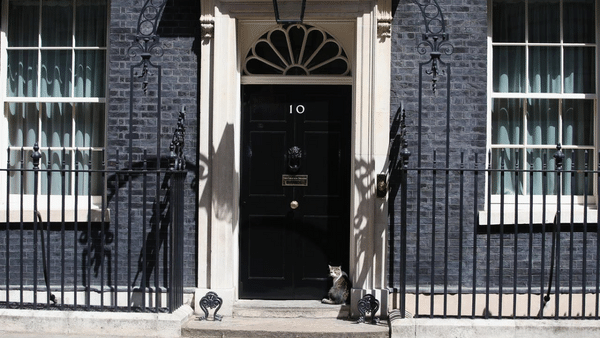Amidst the coverage of the government’s ‘yew-turn’ over plans to privatise the state owned forests I noticed this statement;
Amidst the coverage of the government’s ‘yew-turn’ over plans to privatise the state owned forests I noticed this statement;
“The consultation on the future management of the Public Forest Estate has been halted”
Which is a good thing too, since the proposals have been shelved there doesn’t seem much point in consulting on them.
David Babbs, the executive director of the campaigning organisation 38degrees, writes in the Guardian that this is proof that “people power works”. Perhaps. But perhaps it is also proof that consultations do not work.
After all, why do public bodies run consultations? In theory consultations should be good for members of the public and good for government officials. For members of the public, consultations should be a chance to express their views and for civil servants and politicians, consultations should be a chance to listen to these views and take them into account.
However, in practice, people have a low level of trust in public bodies and are sceptical that consultations make much of a difference. Instead, if they have the necessary knowledge, skills and confidence, people lobby public bodies in many different ways; favours are pulled in, letters are written, adverts are placed, money is donated, public meetings are organised, petitions are signed, blogs are set up, stories are planted in the media and so on and so on.
The fact that the Government stopped a consultation (i.e. a mechanism for gathering people’s views on a topic) because people had expressed their views so forcefully through other avenues, shows just how pointlessness some consultations can be.
There are alternatives, however. It is well worth looking at two recent publications from the RSA and Involve. They both argued, from different points of view, that it is possible to run less formal, more inclusive and empowering consultations.
Related articles
-
Design for Life: six perspectives towards a life-centric mindset
Joanna Choukeir Roberta Iley
Joanna Choukeir and Roberta Iley present the six Design for Life perspectives that define the life-centric approach to our mission-led work.
-
Inventing meaning and purpose: a politics award for our times
Ruth Hannan
Ruth Hannah is inspiring you to submit your creative and courageous political project to the Innovation in Politics Awards 2022.
-
How can we cultivate healthier and happier communities?
Ella Firebrace Riley Thorold
How might we look to our futures and shape what it means to lead healthier and happier lives?



Be the first to write a comment
Comments
Please login to post a comment or reply
Don't have an account? Click here to register.